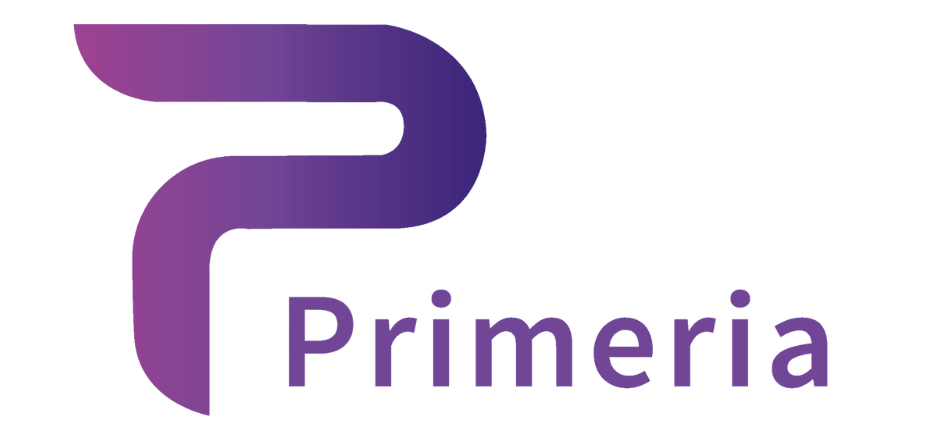Zombie Traffic to Qualified Leads: Advanced SEO Audit Techniques

Don’t just drive traffic — make it count.
Your website may be attracting traffic, but if that traffic isn’t converting into leads or sales, it’s not working hard enough. Many businesses fall into the trap of focusing on volume over value, bringing in users who click through but take no action. No scrolling, no sign-ups, no sales — just high bounce rates and minimal engagement. This type of disengaged traffic is known as zombie traffic: visitors who arrive, lose interest, and leave without taking action.
However, this doesn’t have to be the end of the road. With in-depth SEO audit strategies, you can identify the points of friction, resolve them, and start turning passive visits into meaningful, qualified leads.
What is zombie traffic — and why does it matter?
Zombie traffic describes visitors who land on your website but fail to take any meaningful action — no clicks, no scrolls, no engagement. Although these users inflate your traffic figures, they contribute little real value and often signal deeper performance issues.
When ignored, zombie traffic can:
- Distort key performance metrics and analytics
- Drain your paid media budget with minimal return
- Undermine SEO quality signals like bounce rate and session duration
- Conceal what’s working, making optimisation difficult
Ultimately, it weakens ROI and stalls digital growth.
Why basic SEO audits aren’t enough
Standard SEO audits typically check for technical errors — broken links, missing metadata, and slow page speed. While these are important, they don’t explain why users aren’t converting.
To resolve zombie traffic, you need to go beyond the basics and explore how users behave once they land on your site — and why they’re not engaging.
Advanced SEO audit techniques that drive real results
To uncover what’s happening with your traffic, take your SEO audit to the next level. Here’s where to focus:
1. Align content with search intent.
Does your page truly meet the needs behind the search? For example, if someone searches for “best accounting software for startups” and lands on a generic homepage, they’ll likely bounce. Matching content to the user’s intent is one of the most effective ways to increase relevance and retention.
2. Identify high-traffic pages with low conversion rates.
Use performance data to identify high-traffic pages that underperform in conversions, signalling a disconnect between visitor interest and on-page content or experience. Then assess their effectiveness: Is the messaging clear and aligned with user intent? Is the offer compelling enough to spark interest? And is the call-to-action prominent, relevant, and easy to follow?
3. Analyse user journeys.
Go beyond numbers — use heatmaps, scroll maps, and session recordings to see where users hesitate or drop off. Behavioural tools reveal friction points that aren’t visible in standard analytics.
4. Strengthen internal linking and site architecture
A well-structured internal linking strategy guides visitors towards high-value pages — such as service offerings, enquiry forms, or contact information — enhancing both user experience and conversion potential. It also improves SEO by distributing link equity more efficiently across your site, helping search engines better understand and rank your content.
5. Enhance mobile usability
Mobile optimisation goes beyond responsive design — it is about delivering a seamless experience. Slow loading speeds, poorly sized touch elements, or hard-to-read text can quickly frustrate users and prompt them to abandon your site. Your mobile user experience should be intuitive, fast, and as easy to navigate as the desktop version.
6. Resolve content cannibalisation
When multiple pages compete for the same keyword, they dilute each other’s visibility, reducing overall search effectiveness and weakening your site’s ranking potential. Identifying and consolidating overlapping content improves clarity, strengthens search visibility, and delivers a more cohesive user experience.
7. Assess lead generation readiness
Attracting traffic is only part of the equation. Your website should be designed to lead visitors through a smooth, engaging experience that inspires interaction and drives conversions. Are your enquiry forms user-friendly? Are your calls to action clear and well-placed? Does your content guide visitors confidently through each stage of their decision-making journey?
The result? More engagement. Better leads. Stronger growth.
Advanced SEO audits help you:
- Identify and plug performance gaps
- Implement strategic enhancements that boost user engagement and increase conversion rates.
- Maximise your existing traffic — saving on ad spend
- Build a stronger foundation for long-term digital success
You don’t need more traffic — you need traffic that works.
Why does working with specialists matter?
While tools can show you the data, interpreting and acting on it requires experience. A team that understands both technical SEO and conversion optimisation can help you get more out of every visit — and avoid costly mistakes.
If your website traffic isn’t converting, it’s time to stop guessing and start auditing.
Let’s make every click count.
Contact us today on (+44) 203 989 6007 for a free consultation.











